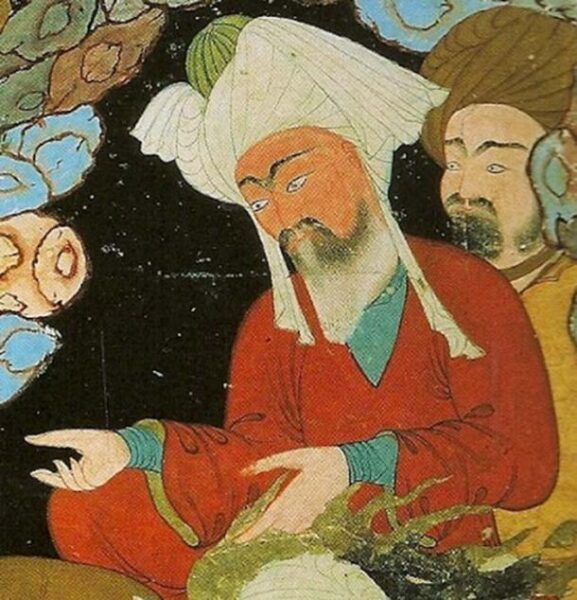Written by Caleb Strom, Ancient Origins
The first caliphs of the Islamic World were the Rashidun, or “rightly guided,” caliphs and they controlled a vast empire. According to the Sunni Muslims, the Rashidun caliphs were chosen by Muhammad’s followers and all four were legitimate caliphs.
To Shiite Muslims, on the other hand, the first three were usurpers since they were not direct descendants of Muhammad. Whatever the theological importance of the Rashidun caliphs for Islam, it is undeniable that the rule of the first four caliphs are very important for the history of Islam.
The thirty years during when they ruled were filled with political intrigue, corruption, assassination, and civil war but also impressive military conquests and the formation of the major divisions that define Islam today.

Origin of the Rashidun Caliphate
When Muhammad died in 632 CE, he did not leave clear instructions for who should succeed him. This has caused disagreement within the Islamic world to this day. The Muslim community debated among themselves who to appoint as political successor to Muhammad. Some believed that it should be Muhammad’s cousin, Ali, but the one chosen ended up being Abu Bakr, Muhammad’s close friend and father-in-law.
The First Caliph
Abu Bakr, the first caliph, ruled for two years. He was able to keep the Islamic world together but not all was well. As soon as he was appointed caliph, some Arab tribes who had only been part of the community because of Muhammad pulled out of the political coalition. This forced Abu Bakr to go to war against them to bring them into submission. He insisted that they had not just submitted to Muhammad but to the Muslim community. By 633 CE, Abu Bakr had unified almost the entire Arabian Peninsula under his caliphate.
The Second Caliph
Abu Bakr appointed Umar (also spelled Omar) as his successor before dying in 634 CE. Umar led the Muslims to some extraordinary victories and expanded the political reach of Islam across the Middle East and North Africa.
At the time, the two major political powers in the Middle East were the Sassanid Persian or Sasanian Empire in the east, and the Byzantine Empire in the west. These two empires had been locked in a power struggle for several centuries at this point. This had taken a toll on the people of Persia and the eastern Mediterranean.
By the year 634 CE, during the reign of Caliph Umar, Muslim armies began to advance out of Arabia into the rest of the Middle East. This was partly inspired by the strong martial tradition among the Arabian tribes and the need to channel the warlike tendencies of the Arabian tribes at the time into something that wouldn’t tear the Muslim world apart.
The Muslims won a decisive victory against the Byzantines at the Battle of Yarmouk in 636 CE. They also won a major victory against the Sasanians in 637 CE at the Battle of al-Qadisiyyah. By the end of the reign of Umar, the Islamic caliphate had conquered an empire stretching across Persia, Mesopotamia, Palestine and Syria, and as far west as North Africa. The Sasanian Empire was no more after 642 CE and the Byzantine Empire was in retreat.
During this time, the expansion of the Muslim Empire was primarily political. Christians and other non-Muslim religious groups such as Zoroastrians, Hindus and Buddhists were not forced to convert and, as long as they paid tribute and didn’t revolt, they were allowed to live in peace for the most part.
Despite Umar’s early victories, his reign came to an end anticlimactically when he was assassinated by a Persian in 644 CE.
The Third Caliph
After Umar’s death, he was succeeded by Uthman, another early convert to Islam and close companion to the first caliph, Abu Bakr. Uthman appointed his relatives to major positions of power throughout the caliphate. He also gave them access to considerable wealth. Uthman grew so corrupt that some of his opponents started a jihad against him because they perceived him as immoral. Uthman was eventually killed by an angry mob of Muslim rebels in 656 CE.

